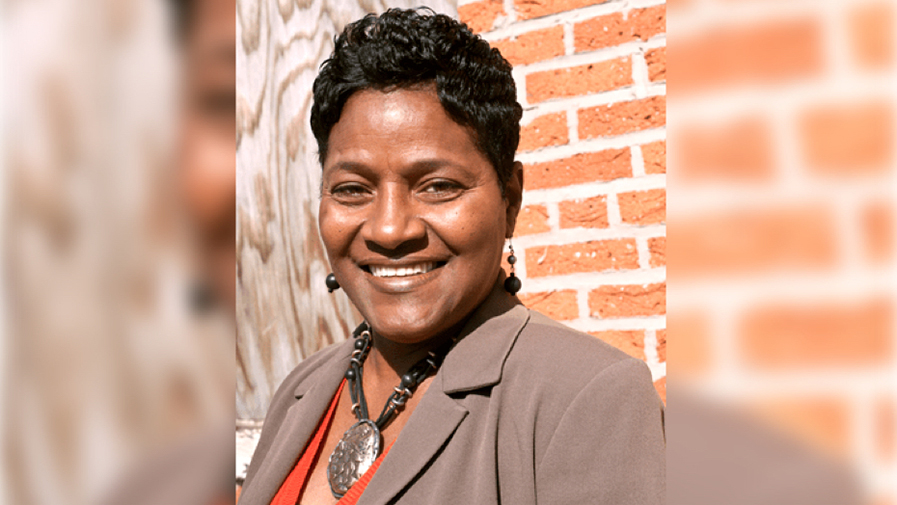Cynthia T. grew up in Park Heights in Northwest Baltimore, where substance use was commonplace in her household. At age 22, she tried heroin for the first time, and she soon began using regularly.
Cynthia’s first attempt to rehabilitate at the Tuerk House—a not-for-profit substance use treatment program that provides residential and outpatient treatments—was unsuccessful. “My first time at the Tuerk House, I wasn’t ready. I wasn’t able to be truthful with myself or with other people,” says Cynthia. “I wasn’t hearing anything they had to say. I really just went so that I could get off the streets for a while.”
Tuerk House gave me the education I needed in order to really fight my disease.
Eventually, Cynthia grew tired of living a life focused on drugs. She entered a detox program to ease her physical dependency and returned to the Tuerk House to participate in its therapeutic programs.
“After detox, I wasn’t really ready to be on the outside. That’s why I returned to the Tuerk House,” Cynthia says. “The detox was important, but the Tuerk House gave me the education I needed in order to really fight my disease.”
Tuerk House also helped Cynthia move into transitional housing, which she says was essential to the success of her recovery.
As Cynthia started working, she found that normal jobs weren’t fulfilling enough. She watched Mayor Stephanie Rawlings-Blake talking about recovery programs on TV one day and felt compelled to help people. She began a dialogue with Carroll Conquest, from Baltimore Substance Abuse Systems, about how to help people who are actively struggling with addiction. Mr. Conquest guided her towards becoming a peer recovery advocate.
“I get to go out to different sites around the city that offer treatment, medication, or community services and try to reach peers,” says Cynthia. “I want to find out what barriers they have in their lives that are preventing them from recovery and help them get past those barriers.”
Cynthia plans on going back to college and working in human resources somewhere. But for now, she’s enjoying the sense of empowerment she gets from working in peer recovery support, and she takes every opportunity to give advice to those struggling with substance use.
“You have to be open-minded to the whole process of recovery. You have to know that this can work for you and you have to buy in to the available support systems,” Cynthia says. “The bottom line is that support for recovery has to come from all different avenues.”
